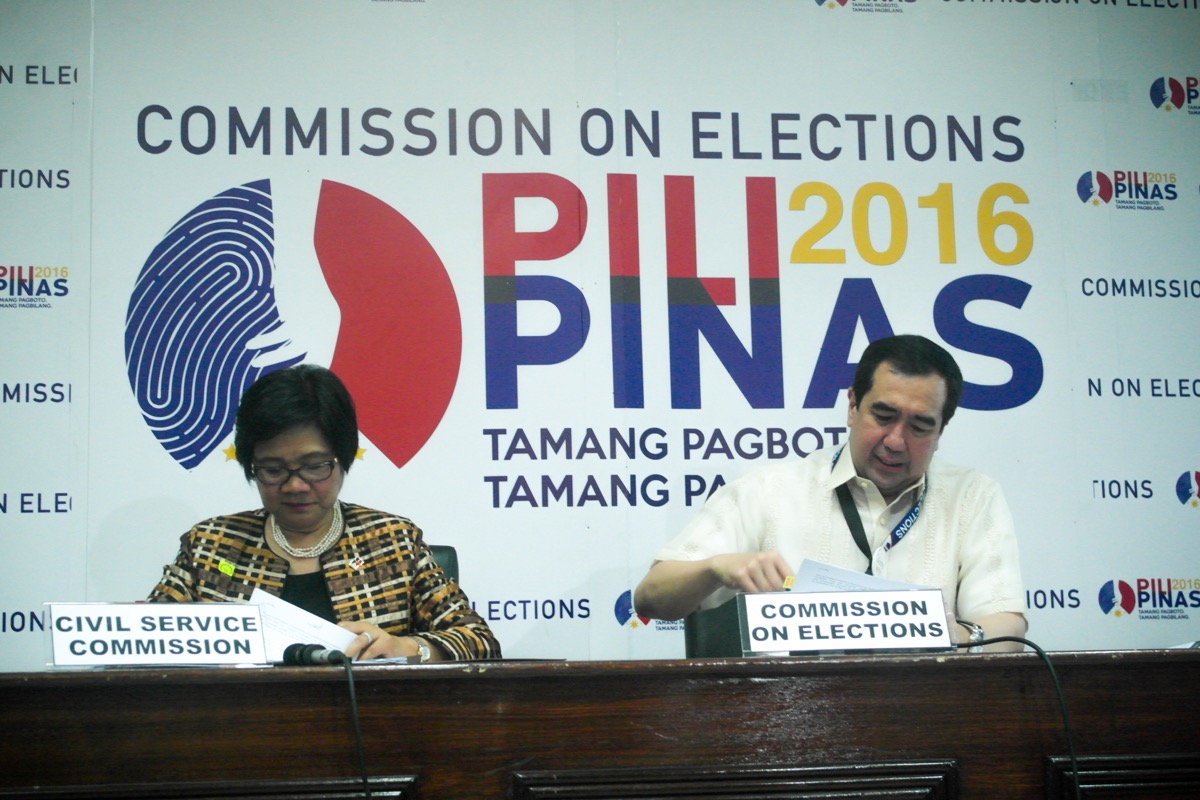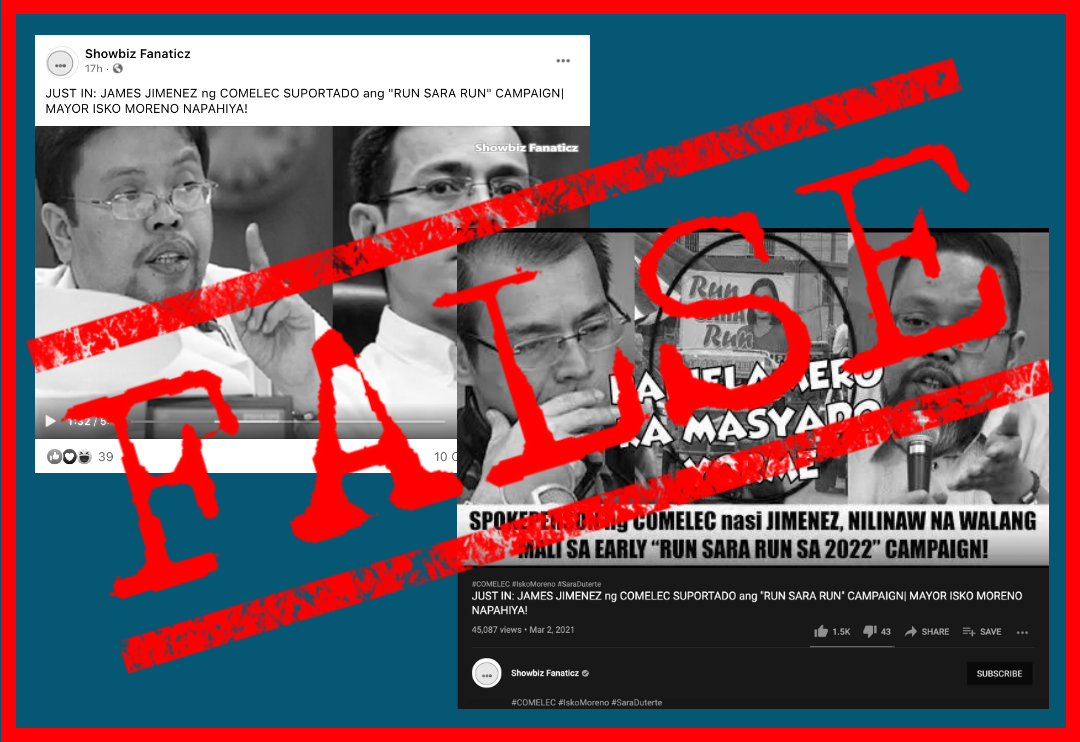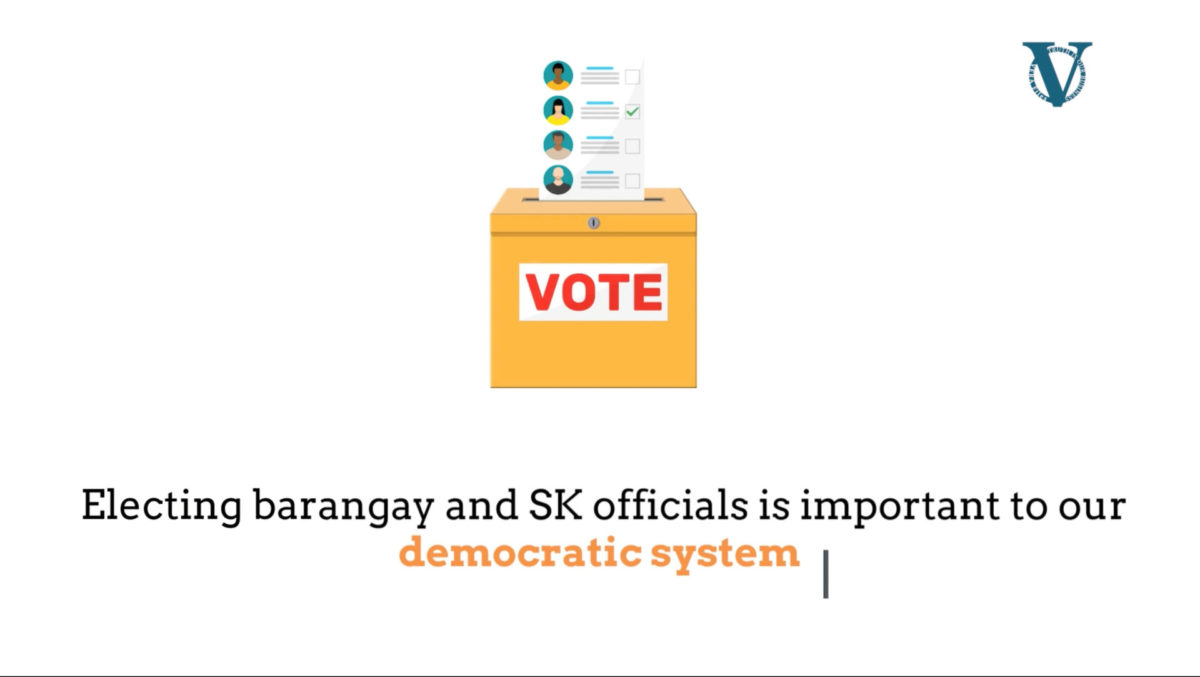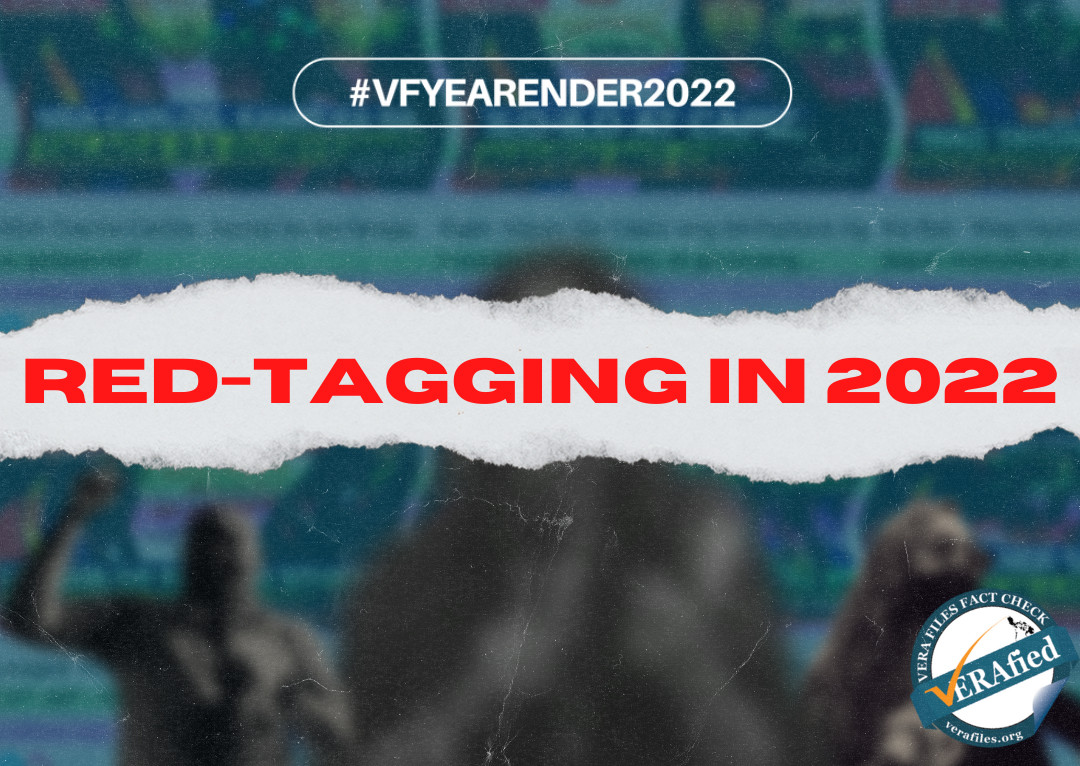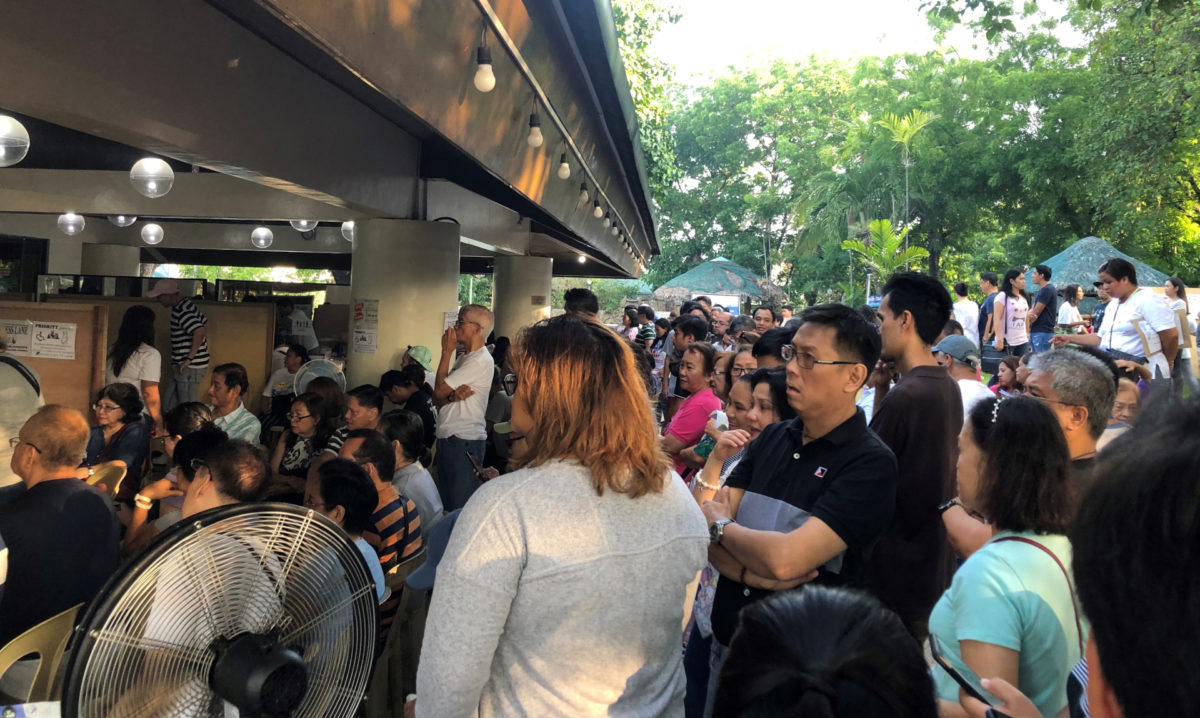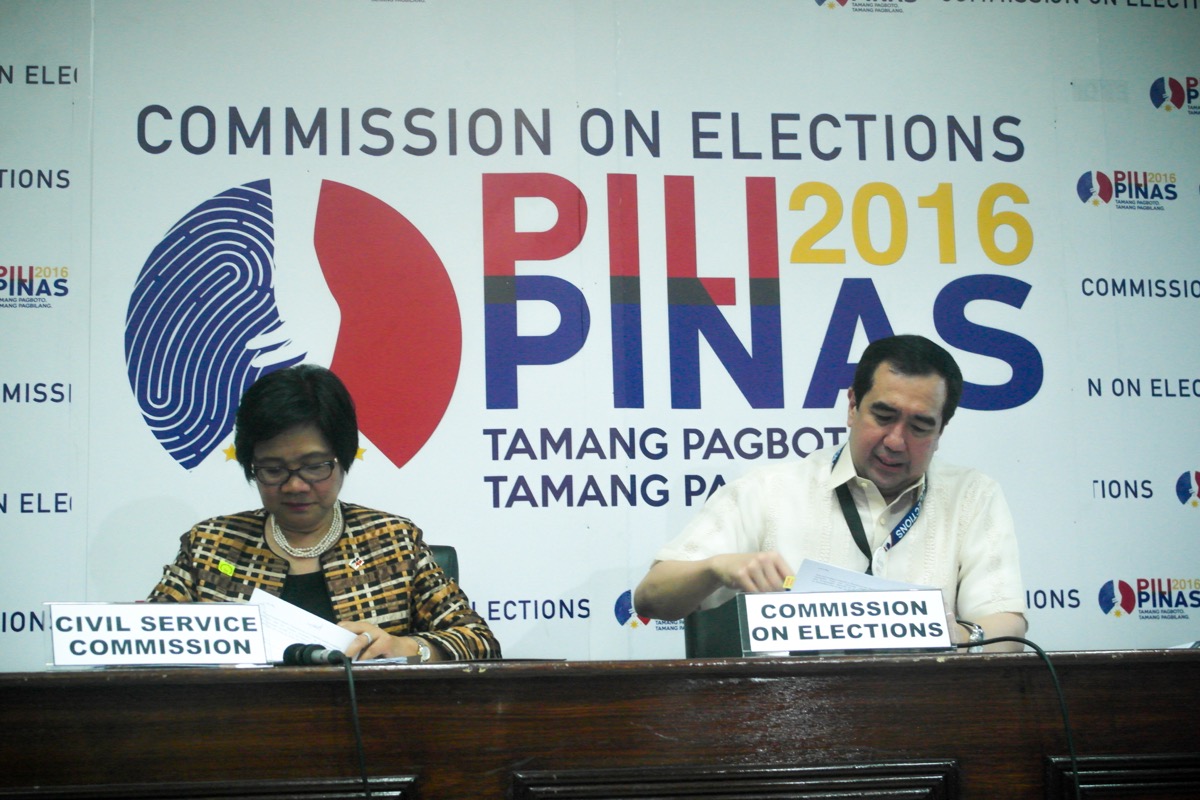
By MARIA FEONA IMPERIAL
IF you’re a government employee or a barangay official, be careful what you post on social media.
The Commission on Elections and the Civil Service Commission (CSC), in a joint circular, have widened the scope of electioneering and partisan political activity to include ground rules on social media use.
While they are free to express political views, public servants, including barangay officials, are banned from soliciting support for or against candidates even on social media, the Comelec and CSC said March 29.
Anyone is free to like, comment, share, repost and follow accounts of candidates and parties, for as long as there is no explicit wording that seeks to promote their election or defeat, said CSC Chairman Alicia de la Rosa-Bala.
Otherwise, violators may be charged with an administrative offense under the CSC, which may result to suspension or dismissal from public office. If proven to count as a criminal offense, violators may be imprisoned, disqualified from holding public office or deprived their right to vote.
“Barangay officials are supposed to be neutral,” poll chief Andres Bautista said in a press conference.
This means that public officials are entitled to voice out who they would vote for, but not encourage others to do so. At the end of the day, however, it all becomes a matter of wording.
What counts as partisan political activity
Under the fair elections law, election campaign and partisan political activity include forming organizations, holding political meetings and assemblies and making speeches, commentaries or holding interviews for or against the election of any candidate or party for public office.
Publishing and distributing campaign literature as well as wearing of t-shirts or pins, caps, or any similar election paraphernalia bearing the names of candidates or political parties, unless authorized by the Comelec, are also not allowed.
Other forms of direct and indirect participation in campaigns include the following:
- Being a delegate to any political convention, or a member of any political committee or directorate, or an officer of any political club or other similar political organizations
- Receiving any political contributions for political purposes, either directly or indirectly
- Becoming publicly identified with the success or failure of any candidate or party
- Being a watcher for a political party or candidate during the election
- Consistent presence in political rallies and continuous companionship with certain candidates in political activities
- Giving personal or financial contribution, supplies, equipment and materials for the benefit of a candidate or party
- Distribution of letters indicating intention to run for public office
Bautista also reminded the public to report violations to the Comelec or the CSC for further investigation. He said as much as possible, they would act upon complaints filed, but they “don’t want to be seen as picking on particular government officials.”
Top-rank officials exempted
The two agencies clarified that public officials are allowed to express their views on pressing political issues and mention the names of candidates and parties whom they support, which even the president does explicitly in his graduation speeches.
The president, vice president, cabinet secretaries, members of the armed forces, other elective public officials except barangay officials, as well as their confidential staff, are exempted from the memo.
Only those working in the government, including government-owned and controlled corporations, state universities and colleges, whether their appointments are permanent, temporary, casual or contractual, are covered.
Uniformed and active members of the armed forces and the police are also included, even if they are on leave.
